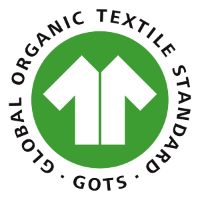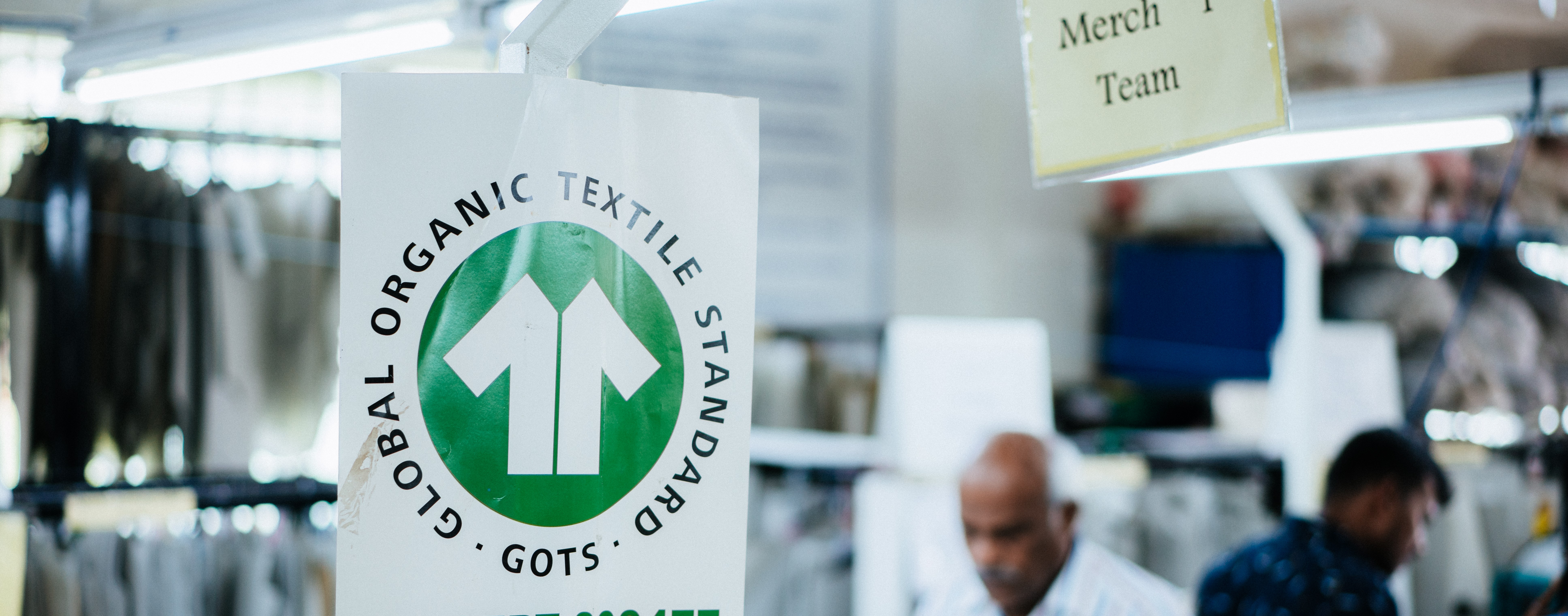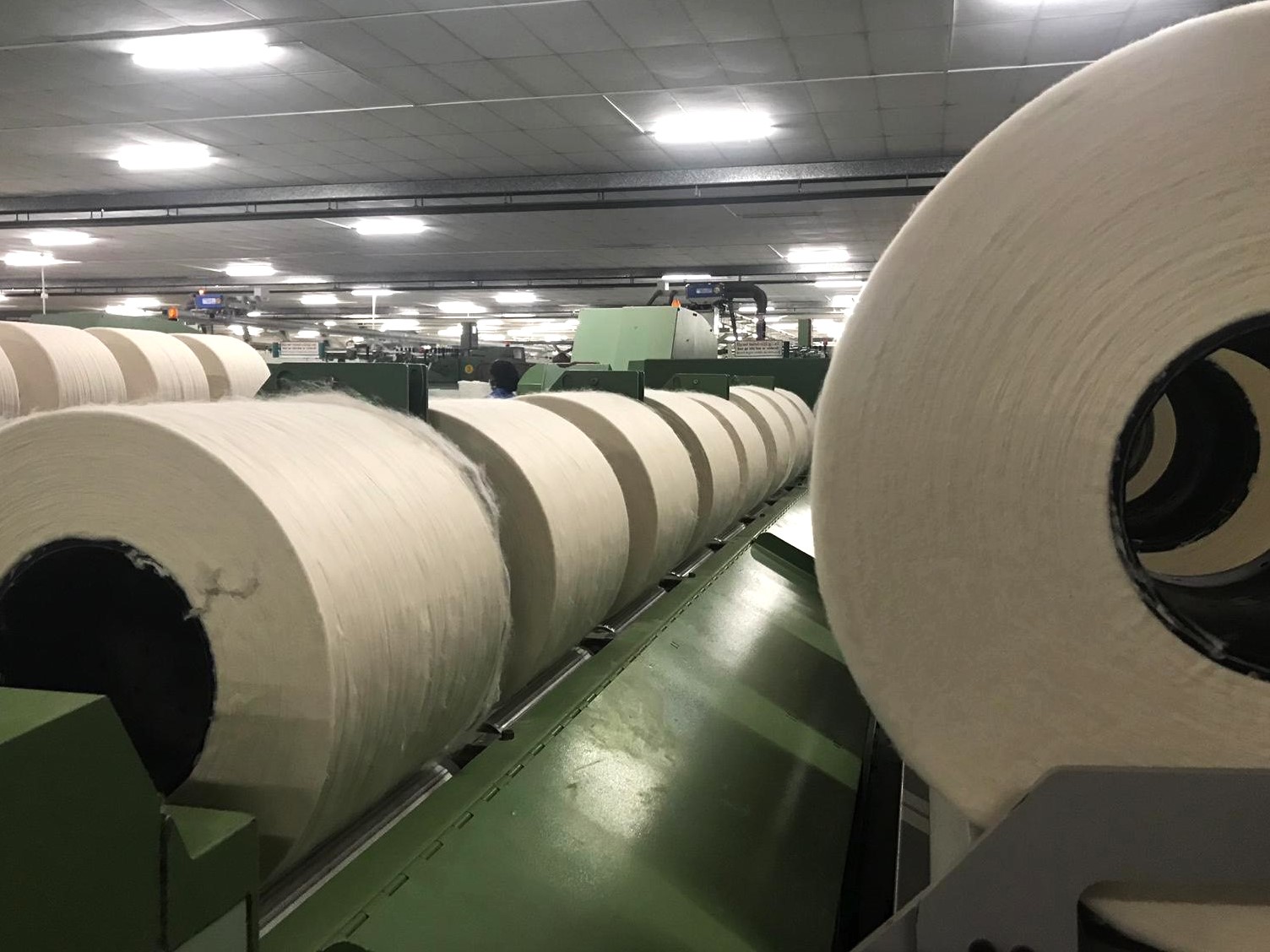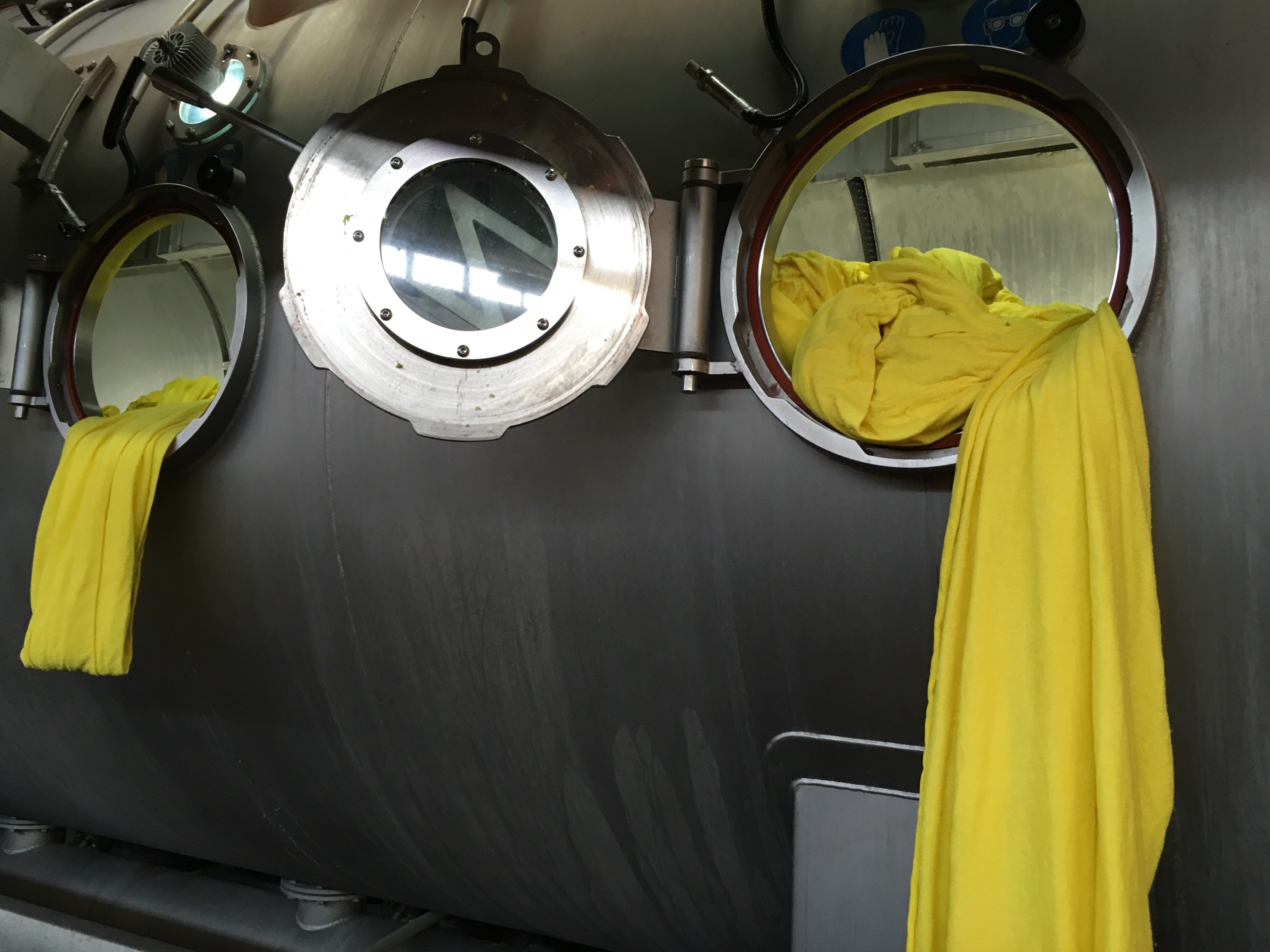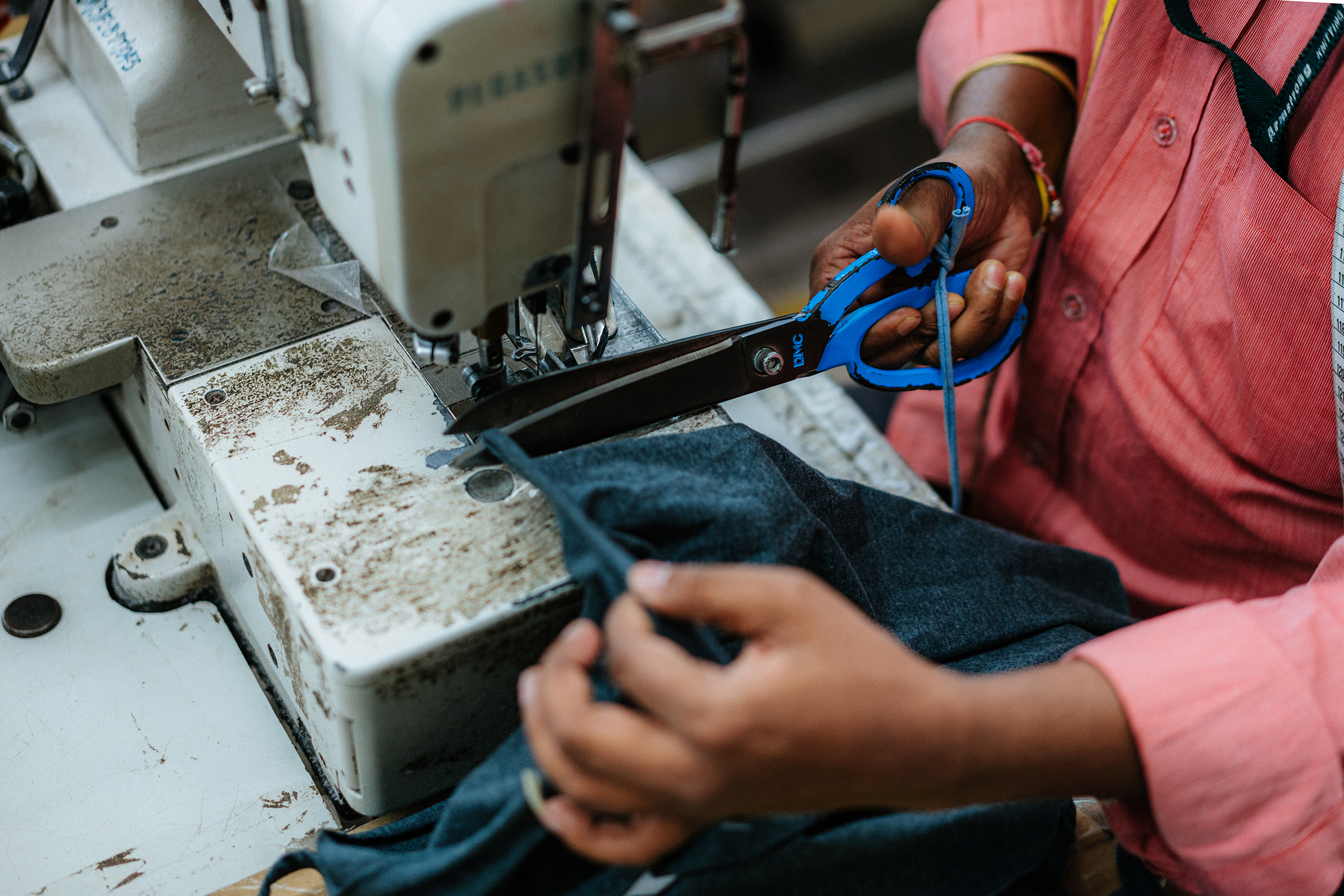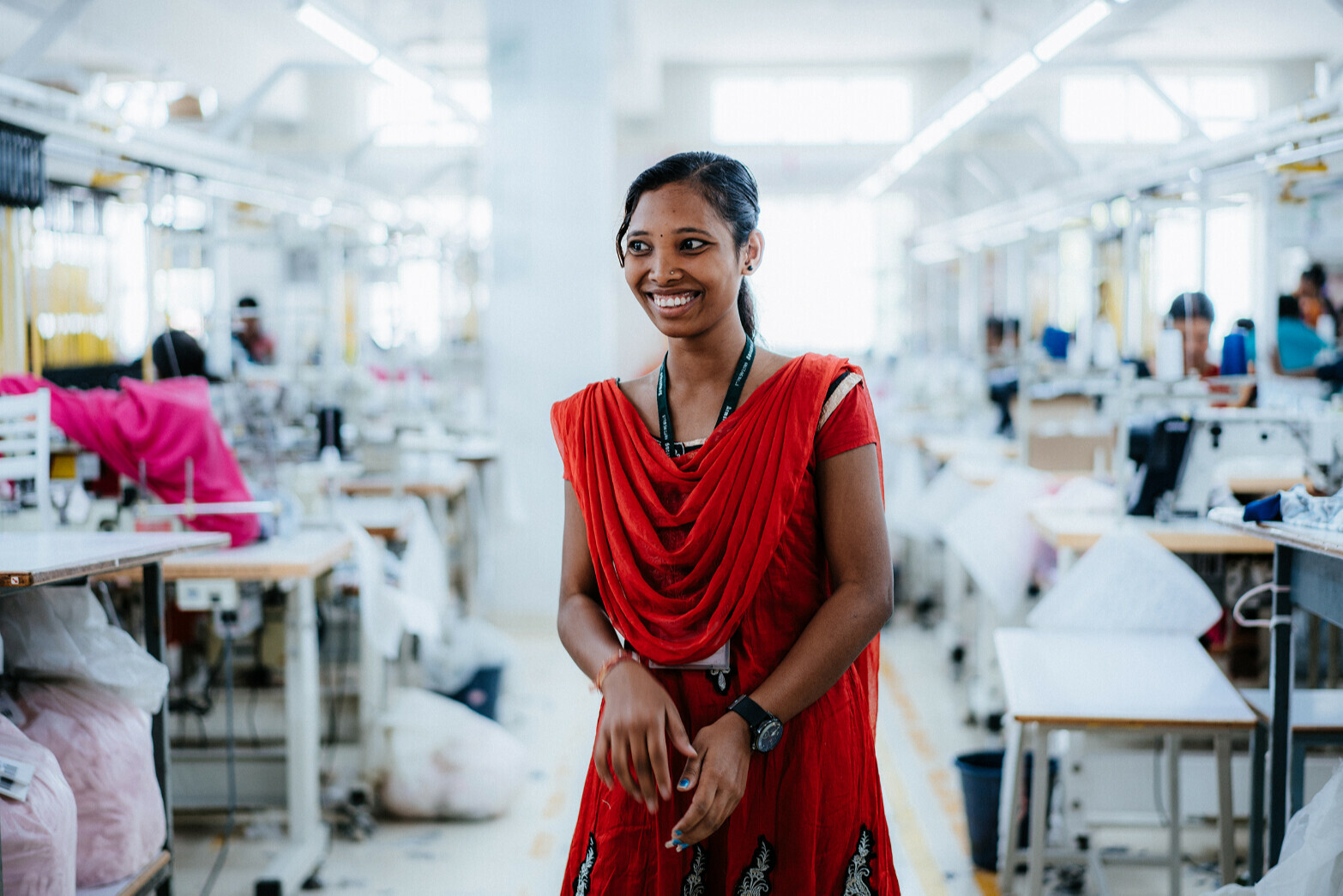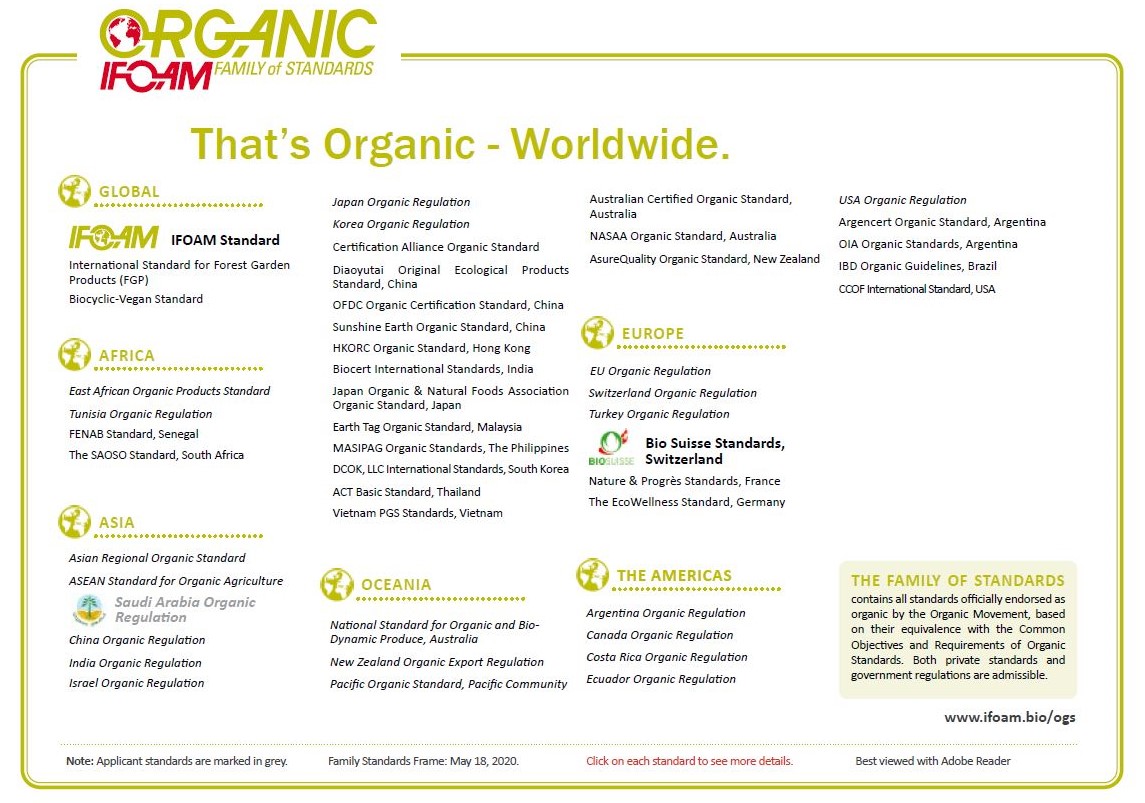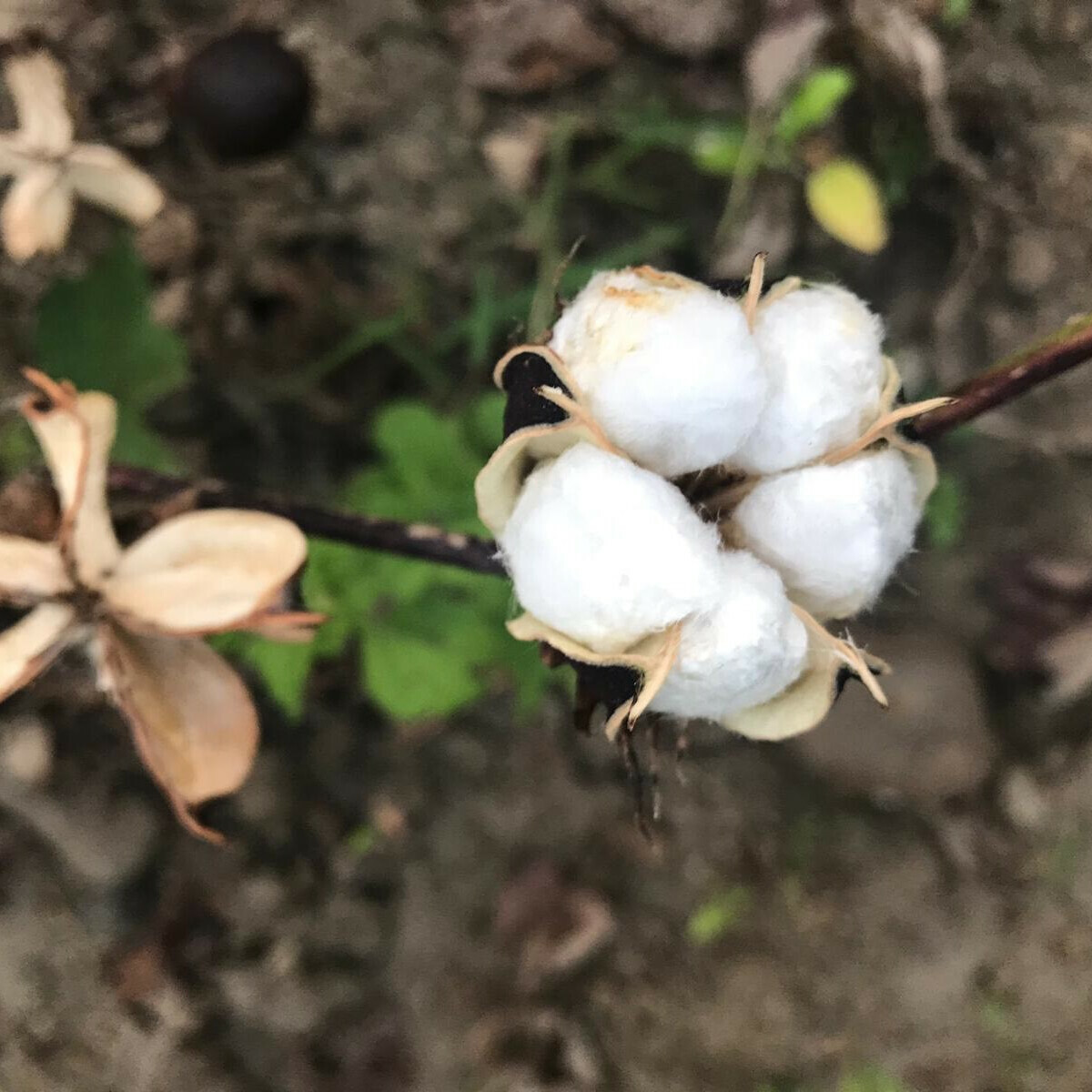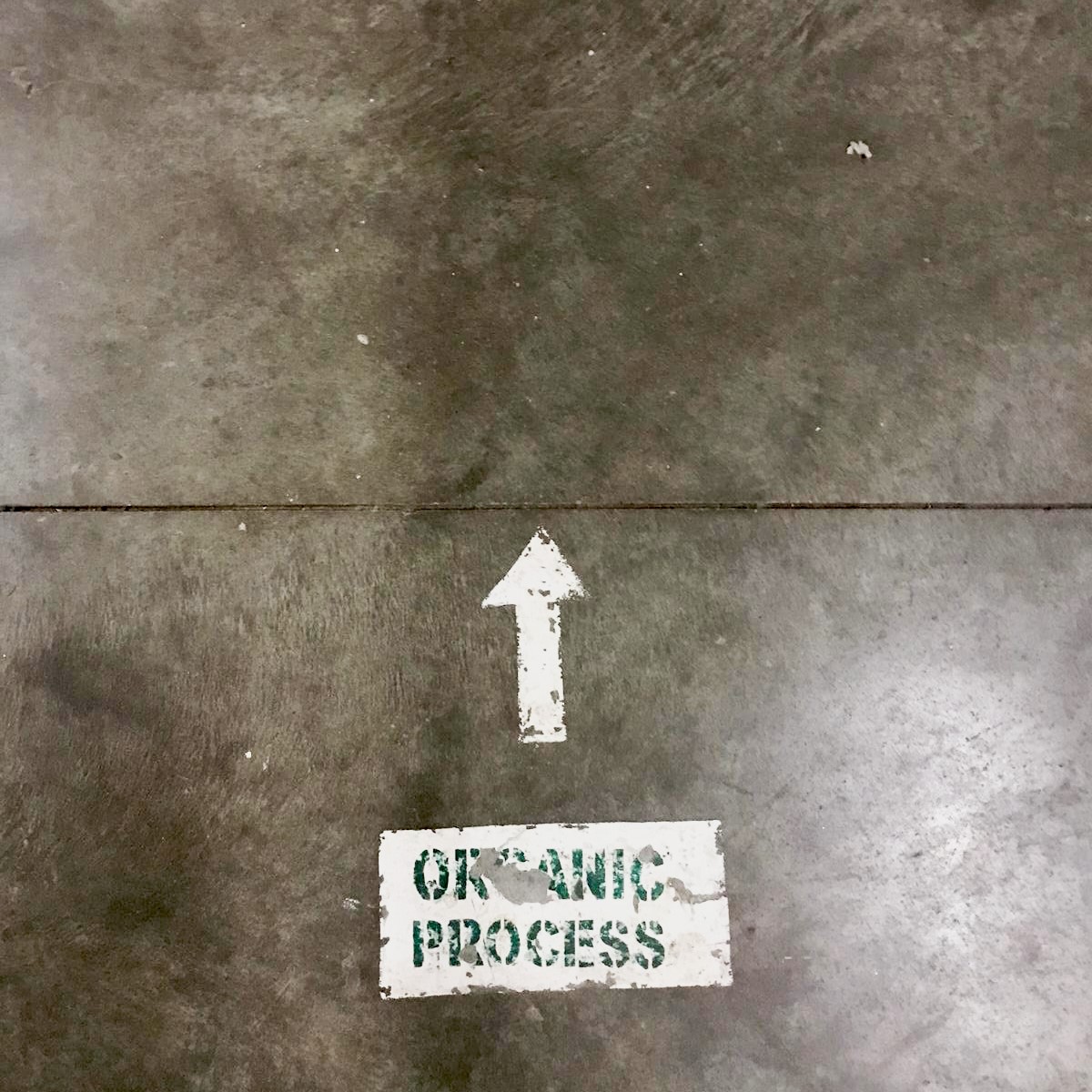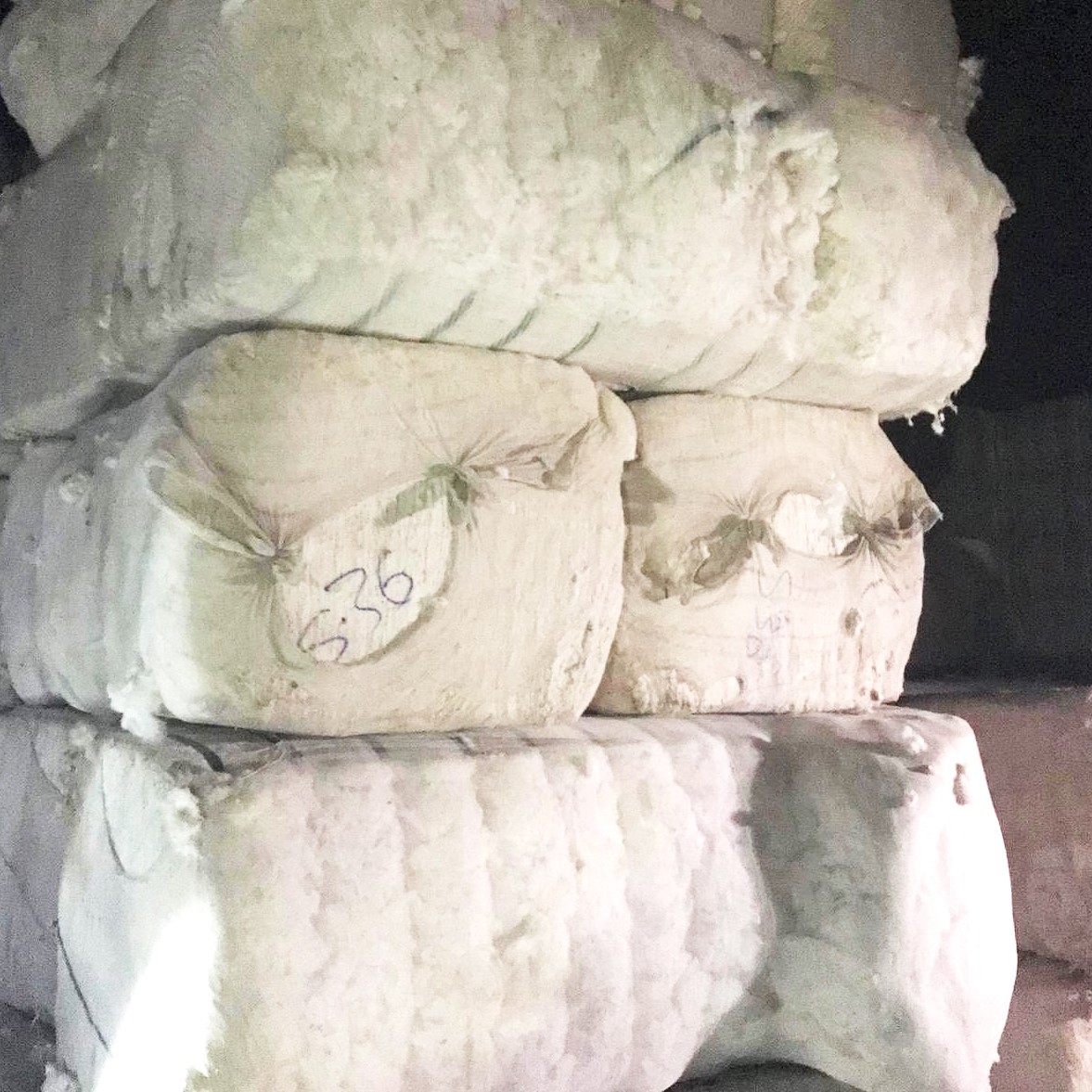Global ISO IWA 32:2019 proficiency test initiative 2023
Organic cotton is a claim that genetically modified organisms (GMOs) are not deliberately or knowingly used and that organic producers take far-reaching steps to avoid GMO contamination along the organic cotton value chain, from farmers to spinners, to brands. To manage this, it is essential that organic cotton stakeholders can reliably test their products for the potential presence of GM cotton.
In 2019, Global Organic Textile Standard (GOTS), the Organic Cotton Accelerator (OCA) and Textile Exchange partnered to develop the ISO IWA 32:2019 protocol* to create a common language among laboratories worldwide to screen for the potential presence of GM cotton along the organic cotton value chain. Since the publication of this globally accepted reference protocol, qualitative GM cotton screening as per the ISO IWA 32:2019 is mandatory within the GOTS and OCS (Organic Content Standard) supply chain and OCA’s Farmer Engagement and Development programme.
Following that project, the partners set out on a new initiative to bring much-needed clarity regarding the laboratories that perform testing against the international ISO reference protocol and carry out qualitative GMO testing in cottonseed, leaf, fibre and chemically unprocessed fibre-derived materials. The global ISO IWA 32:2019 proficiency test initiative is a collaboration between the Global Organic Textile Standard, the Organic Cotton Accelerator and Textile Exchange with the technical support of Wageningen Food Safety Research.
Please find below the list of laboratories that can carry out qualitative GMO testing in greige cotton products as per the ISO IWA 32:2019 worldwide. This list is compiled based on current information available to the organisers, without prejudice, following the results of the proficiency test for qualitative cotton screening according to ISO IWA 32:2019 organised in 2020.
Qualitative GMO screening of cotton and textiles within the GOTS and Textile Exchange’s Organic Content Standard (OCS) supply chain shall be performed by appropriately qualified testing laboratories using the ISO IWA 32:2019 protocol. GOTS Approved Certifiers and Textile Exchange accredited certification bodies shall accept test results only from the lab with a valid ISO/IEC 17025:2017 accreditation (1) for GM cotton screening and ideally those that have successfully passed the ISO IWA 32 proficiency test. The certification body shall verify the qualification of the lab before accepting any test result. Besides, as the ISO IWA 32 protocol established that GMO-screening in cotton and textiles can only be reliably carried out in cottonseed, cotton leaf, cotton fibre and chemically unprocessed cotton fibre-derived materials up to greige yarn and fabric, GM cotton testing should not be carried out in chemically processed cotton.
Overview of laboratories
List of laboratories that can carry out qualitative GMO testing in greige cotton products as per the ISO IWA 32:2019 according to the global ISO IWA 32:2019 proficiency test initiative organised in 2023.
- last updated on July 14th, 2023
Are you a GM cotton testing laboratory that implemented the ISO IWA 32:2019 reference protocol and are you now interested in joining a next proficiency test round? Do you have any questions about the global ISO IWA 32:2019 proficiency test initiative? Or do you want to update your contact details or your accreditation status against ISO/IEC 17025:2017 for GM cotton screening? Please contact Dimitris Liolios with your query: .
About the ISO IWA 32:2019
*The ISO International Workshop Agreement 32:2019(E) on "Screening of genetically modified organisms (GMOs) in cotton and textiles" is an international reference protocol that was developed in April 2019 under the initiative of the Organic Cotton Accelerator, together with the organic cotton sector and after initial conceptualisation by the Global Organic Textile Standard (GOTS), with the aim of creating a common language amongst laboratories when testing for GMO presence in greige cotton samples. This protocol for qualitative GMO-screening in cotton and textiles provides requirements and recommendations to laboratories that perform GMO analysis in cottonseed, cotton leaf, cotton fibre and chemically unprocessed cotton fibre-derived materials up to greige yarn and fabric.
With more laboratories implementing the ISO IWA 32:2019 in 2020 worldwide, the organic cotton sector will benefit from having an overview of the laboratories that can currently conduct GMO testing as per the ISO IWA 32:2019 protocol globally. This overview has been provided thanks to the organisation of a proficiency test at laboratories that had already implemented or were in the process of implementing the ISO IWA 32:2019 method in December 2020. The technical process of the proficiency test has been managed by Wageningen Food Safety Research (WFSR), the organisation that acted as a project leader for the development of the ISO IWA 32:2019 and is accredited for performing proficiency tests according to the ISO/IEC 17043:2010 on ‘Conformity assessment — General requirements for proficiency testing’ (not specifically in the field of GMOs).
(1) As an international body, it is important for the standard owner that the laboratories can follow international standards for uniform and repeatable testing operations. An accreditation of the laboratory to ISO/IEC 17025:2017 verifies the competence, impartiality and consistent operation of laboratories.
Disclaimer: This proficiency test has been organised to obtain a one-off overview of the laboratories that can currently conduct GMO testing as per the ISO IWA 32:2019 protocol. The participating laboratories have been invited based on existing collaborations with the Global Organic Textile Standard, the Organic Cotton Accelerator and Textile Exchange and/or that of their partners, to the best of their knowledge. The results have been made publicly available for informational purpose only. No radical business decision should be made from the results of this proficiency test regarding the current or future cooperation with laboratories that did not participate or do not appear in the short-list of laboratories that succeeded in the proficiency test.
Read more …Global ISO IWA 32:2019 proficiency test initiative 2023


